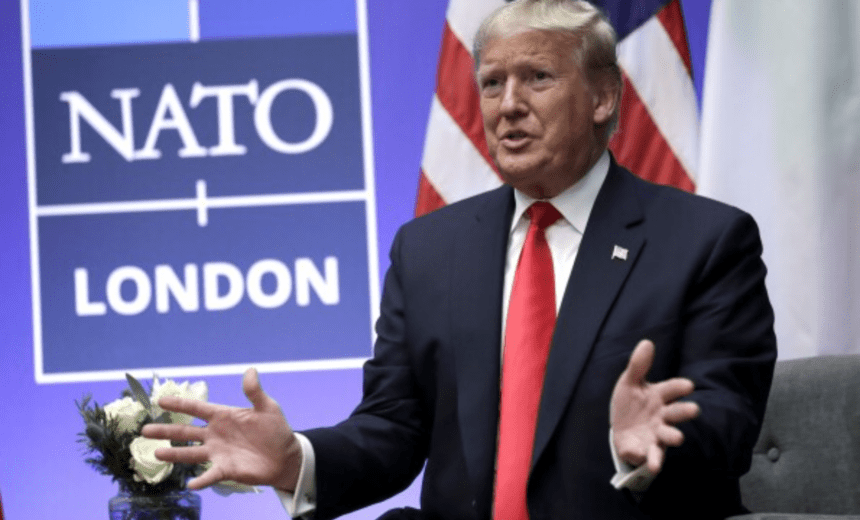U.S. allies in Europe are debating what a victory for Republican Donald Trump in the U.S. presidential election means for their security and economy. Trump’s first term in the White House was marked by often tense relations with European Union partners and NATO allies.
Around 50 leaders gathered in Budapest on Thursday for a conference of the European Political Community, a forum established after Russia’s invasion of Ukraine.
French President Emmanuel Macron says Europe must defend its interests as preparations begin for Trump’s next term in the United States.
“He will defend the interests of the American people, and that’s legitimate and good. The issue is, are we ready to defend the interests of Europeans?” President Macron declared.
NATO remains the cornerstone of Europe’s security in the face of Russia’s assault on Ukraine.
“The first complication for the alliance is how to continue supporting Ukraine if the United States decides to withdraw military aid,” says Ed Arnold from the British think tank Royal United Services Institute.
Can Europe Fill the Gap?
“Yes, but Europe has to try much harder in this direction,” says analyst Ian Bond from the Centre for European Reform.
During the campaign, Trump said he would end the war between Russia and Ukraine “on the first day”—but without providing details on how he would do that. Analysts say Ukraine fears being forced into an unfavorable peace deal.
“One of the concerns is that some in Europe may ask why increase aid if there will soon be a negotiated deal?” says analyst Arnold.
Former U.S. officials say that during his first term, Trump considered the possibility of withdrawing the United States entirely from NATO.
“I think he likes the idea that both his allies and opponents cannot predict his actions. He sees this as a strength, a source of his power,” says foreign policy analyst Jonathan Monten, from the University of London.
However, NATO Secretary General Mark Rutte—who also attended the Budapest summit—praised Trump for pushing allies to spend more on defense.
“As president, he was the one who urged us in NATO to spend over 2 percent of GDP to meet the minimum defense commitment,” he said.
Economic Concerns in Europe
U.S. allies might face economic challenges when Trump begins his second term in the White House.
“Trump’s statements or claims about imposing tariffs of up to 60 percent on imports from China will have a massive impact on global trade. It will have consequences for Europe, the UK, and other countries. Tariffs on imports from the EU are also expected,” says analyst Garret Martin from American University in Washington.
In general, there is a sense of nervousness in Europe ahead of Trump’s second presidential term. Analysts say his unpredictability means leaders have no way of preparing.







